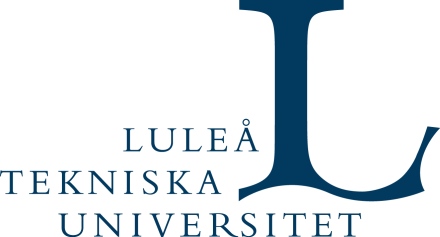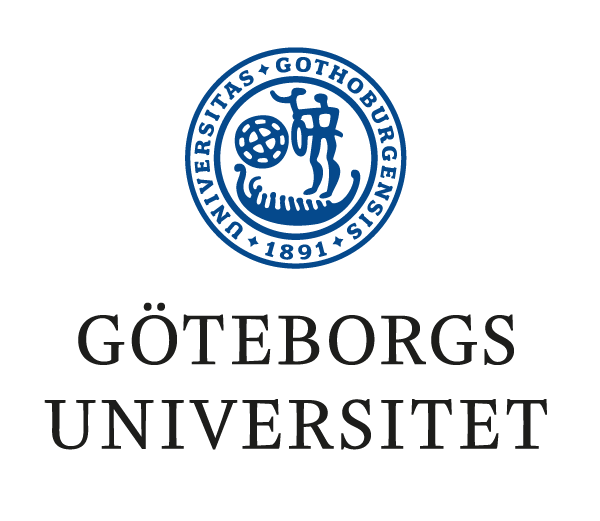Time: 4 December, 15:00-16:00 (CET)
Venue: Teams
Sign-up: https://www.kth.se/form/6731f2f8bc3a05e19c5d802d

ABSTRACT: Green retrofitting, or energy-efficient home renovations such as rooftop solar panels and storage batteries, reduce electricity usage and carbon emissions, providing benefits for both homeowners and society. Despite these benefits, a gap in considering energy efficiency when choosing products leads to underinvestment in energy-efficient options, known as the “energy-efficiency gap.” To address this gap, we conducted a large-scale field experiment with 103,672 homeowners, testing different messaging approaches to promote the adoption of energy-saving technologies. We focused on a new low-interest fixed-term bank loan from a major Australian retail bank for home renovations, emphasizing rooftop solar panel installation. Two message types were compared: a pro-social message (“Together creating a brighter tomorrow”) and a pro-self message (“Get an ultra low-rate green loan”). Customers receiving the pro-self message were more likely to seek additional information about the green loan compared to those receiving the pro-social message. However, further analysis indicates that customers who received the pro-social message were more likely to initiate a green loan application and receive funding compared to those receiving the pro-self message, though these downstream results lack statistical significance due to a small number of applications submitted and approved. This study contributes to the ongoing discussion on motivating environmental behavior, showing that while pro-self messages attract more attention, pro-social messages may increase follow-through in adopting environmentally friendly behaviors.






